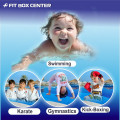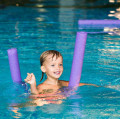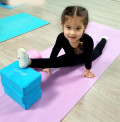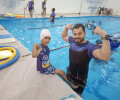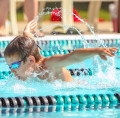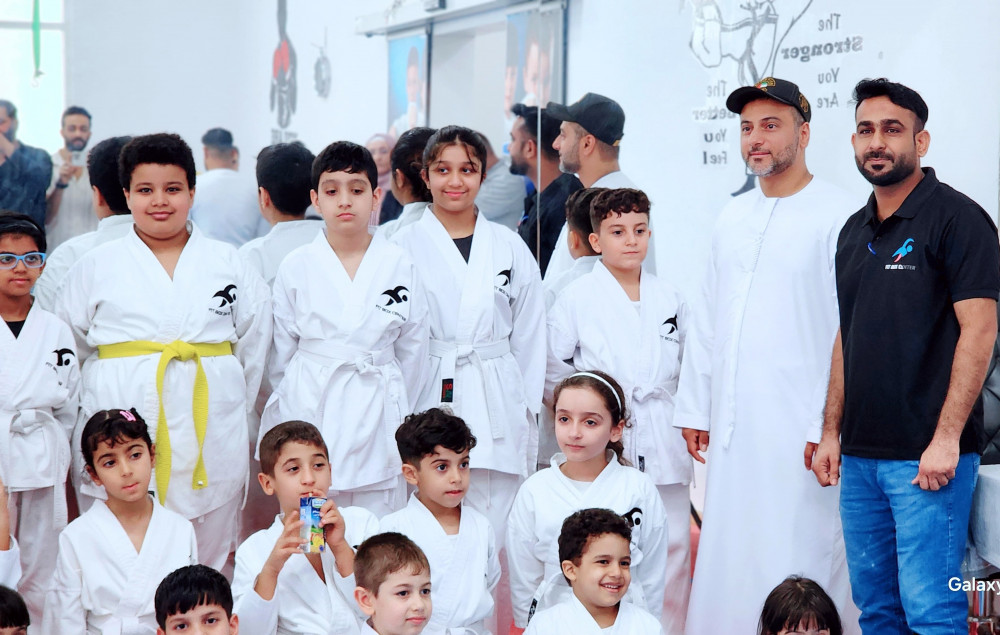
Consistent training is key for success in karate
2024-10-26 - karateIntroduction
Karate is more than just a martial art—it’s a pathway for kids to build character, confidence, and athletic skills. Participating in karate lessons prepares young students for both personal growth and competitive success, with many karate students setting their sights on championships to showcase their hard work and dedication. Training for a championship in karate requires focus, discipline, and a structured approach. Let’s explore how kids’ karate lessons can set the stage for top-level performance in championships.
Understanding Kids’ Karate
What is Karate?
Karate originated in Okinawa, Japan, as a self-defense martial art that combines various techniques, strikes, and forms. Through the years, karate has grown into a worldwide practice, cherished for its ability to enhance physical fitness, mental resilience, and personal discipline.
Why Karate is Great for Kids
Karate is one of the best activities for kids, promoting physical health, strength, and flexibility. Beyond physical benefits, karate teaches valuable life skills such as discipline, respect, and focus. Many young karate students experience a boost in confidence, learning to overcome challenges with persistence and focus—qualities that will serve them well throughout life.
Starting with the Basics
Essential Karate Techniques for Beginners
Beginning with foundational skills is crucial in karate. These basic elements form the core of karate practice and are essential for any child looking to excel in a championship:
Kihon (Basic Techniques): Kihon includes stances, punches, and kicks that are the building blocks of karate.
Kata (Forms): Kata involves a series of movements and postures performed in a sequence, helping kids memorize techniques and build flow.
Kumite (Sparring): Sparring introduces kids to controlled combat, enhancing their reaction times and teaching them to apply techniques effectively.
Building Strength and Flexibility
Karate is physically demanding, so young athletes need to develop strength and flexibility to perform at their best. Strength training, flexibility exercises, and warm-ups are essential components of every karate lesson, helping kids build the agility they need to move smoothly through routines.
Importance of Learning Discipline
Discipline is a core part of karate, teaching kids to follow instructions, respect their teachers, and focus on their goals. The discipline learned in karate often translates to other areas of life, helping kids excel academically and socially.
Preparing for the Karate Championship
Setting Goals and Expectations
Championship preparation starts with goal-setting. It’s essential to guide young athletes toward achievable goals that challenge them while maintaining a positive mindset. Celebrating small victories along the way keeps kids motivated and reinforces their commitment.
Training Routines
Consistent training is key for success in karate. Kids need a balanced routine that includes skill development, cardio, strength training, and rest. With careful planning, parents and instructors can help kids avoid burnout, making sure they stay enthusiastic about training.
Mental Preparation and Focus
Mental strength is just as crucial as physical prowess. Kids can benefit from mindfulness exercises and visualization techniques, which help them stay calm and focused during competitions. Learning to manage pressure prepares them for the challenges of performing in front of an audience.
Key Skills for Championship Success
Mastering Kata for Performance
Kata performance requires memory, timing, and flow. Kids should practice their katas regularly, breaking them down into sections for easier memorization. Watching videos or practicing with a group can help reinforce these forms and improve overall performance.
Improving Sparring Skills (Kumite)
Sparring is an essential part of karate championships. Instructors often focus on both offensive and defensive techniques to give kids a balanced skill set. Kids learn how to read their opponent's moves, using quick reflexes and strategic counterattacks to gain the upper hand.
Developing Strong Footwork and Speed
Quick footwork is vital in karate. Speed and agility exercises, such as ladder drills or cone drills, can help kids move swiftly and control their movements during sparring. Footwork drills also enhance balance, giving kids better control over their stance and movements.
Essential Equipment and Safety Gear
Choosing the Right Gear
Safety is a priority in any martial art. Kids should have the appropriate equipment, including a well-fitting karate gi (uniform),mouthguards, hand and foot guards, and shin protection for sparring. Choosing quality gear ensures durability and better protection during practice and competition.
Safety Guidelines for Young Karate Students
Young karate students should follow safety protocols during training, such as warming up properly, practicing on padded surfaces, and learning to control their strength. Coaches and instructors play an essential role in supervising kids to ensure a safe environment for learning.
Tips for Parents Supporting Their Kids
Encouraging Without Pressuring
Parents are vital supporters in their child’s karate journey. Encouraging kids without putting pressure on them helps maintain their love for the sport. Celebrating effort over outcomes and showing genuine interest in their progress helps kids feel supported and motivated.
Providing the Right Environment for Growth
Having a calm, organized space for practice and rest helps kids balance karate with other activities. Providing a dedicated practice area at home, if possible, and ensuring kids get enough sleep and proper nutrition goes a long way in supporting their championship aspirations.
Conclusion
Karate provides kids with numerous benefits, from physical fitness to mental resilience, teaching them skills they can carry through life. Preparing for championships requires commitment, practice, and discipline, but with the right support, young athletes can thrive in this journey. For many kids, competing in karate championships is a rewarding experience that helps them grow, not only as athletes but as individuals..


